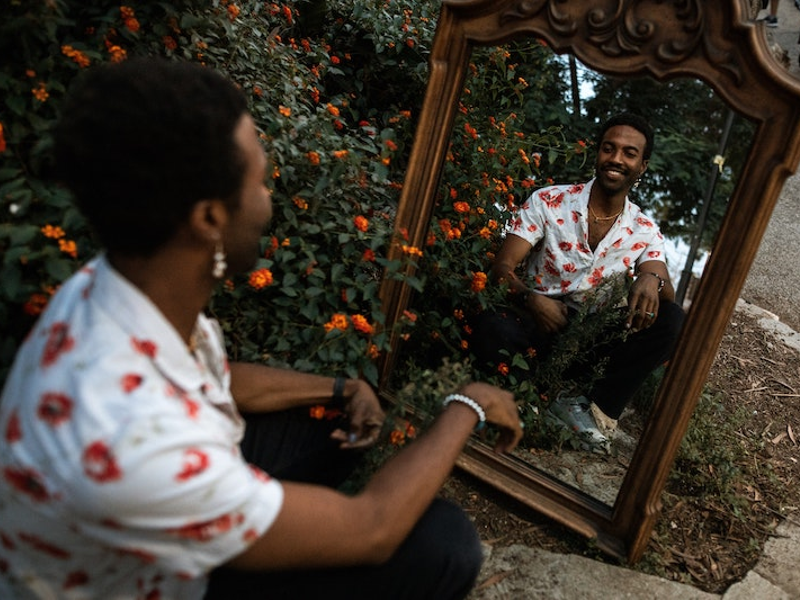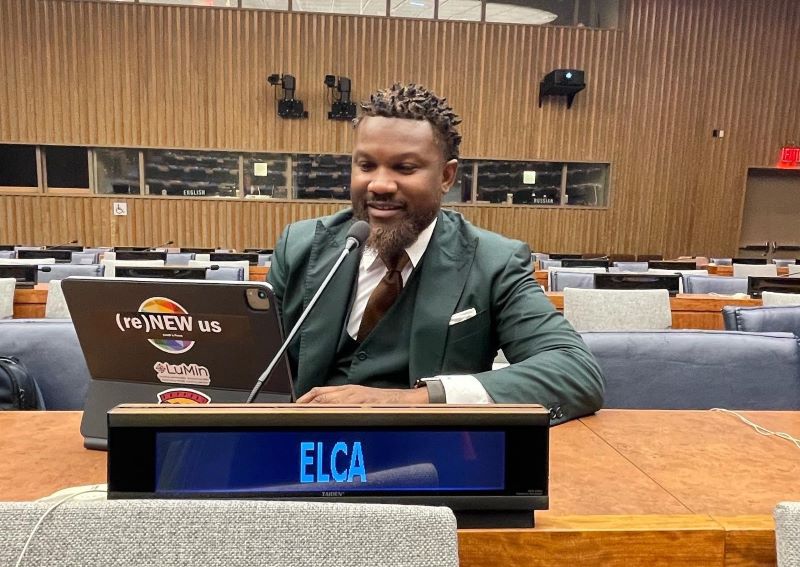Photo by Mental Health America (MHA)
Mental health is a critical component of overall well-being, and individuals of all backgrounds need to prioritize and care for their mental health. However, mental health has been stigmatized and overlooked in the Black community for many years, resulting in negative consequences for individuals and society. Addressing and prioritizing mental health in the Black community is crucial to raise awareness, promote self-care, and support those in need.
Historical Context
The Black community has faced systemic racism, discrimination, and inequality for generations, significantly impacting mental health. The legacy of slavery, racial segregation, and ongoing racial discrimination has led to unique stressors and challenges that can contribute to mental health issues, such as depression, anxiety, post-traumatic stress disorder (PTSD), and racial trauma.
According to a Mental Health America (MHA) report, the historical and contemporary experiences of racism and discrimination can result in intergenerational trauma, where the effects of racism and bigotry are passed down from one generation to the next. This trauma can have a lasting impact on mental health and well-being within the Black community.
Barriers to Seeking Help
Despite the prevalence of mental health issues in the Black community, several barriers prevent individuals from seeking help. These barriers include:
Stigma: Stigma associated with mental health is still prevalent in many communities, including Black communities. One often fears being judged, ostracized, or labeled as “crazy” or “weak” if one seeks mental health support. This stigma can prevent individuals from openly discussing their mental health concerns or seeking professional help.
Lack of Access: Access to mental health care can be challenging in the Black community. There may be limited availability of mental health services in underserved communities, and financial barriers may prevent individuals from accessing care. Additionally, cultural factors, such as mistrust of the healthcare system, may contribute to a lack of utilization of mental health services.
Cultural Norms: Cultural norms and beliefs can sometimes influence perceptions of mental health within the Black community. Seeking help for mental health concerns may be seen as a sign of weakness or failure, and there may be a preference for relying on religious or spiritual practices as a means of coping.

Photo by Kebs Visuals
Consequences of Ignoring Mental Health
The consequences of ignoring mental health in the Black community can be severe and far-reaching. Unaddressed mental health issues can impact various aspects of an individual’s life, including their relationships, work or school performance, and overall quality of life. Untreated mental health conditions can also contribute to developing physical health issues like hypertension, cardiovascular disease, and diabetes.
Furthermore, the impact of untreated mental health issues goes beyond the individual and extends to the community. Unaddressed mental health concerns can contribute to a cycle of poverty, crime, and other social issues in underserved communities, negatively impacting the overall well-being of the Black community.
Importance of Taking Mental Health Seriously
Taking mental health seriously is critical for the well-being and resilience of the Black community. It is essential to prioritize mental health and create a supportive environment that encourages individuals to seek help when needed. Here are some reasons why taking mental health seriously is crucial:
Breaking the Stigma: Raising awareness and promoting open discussions about mental health in the Black community can help break the stigma associated with mental health. Encouraging individuals to share their experiences and seek support can help create a more accepting and supportive environment where individuals feel safe to seek help without fear of judgment.
Access to Care: Advocating for increased access to mental health services in underserved communities can ensure that individuals in the Black community have the care they need to take care of themselves!


Kyrah Page is currently a student at Lincoln University. She is also the CEO and founder of her own brand called “Keepin’ It Kultured.” Where she combines art with activism to empower, inspire and educate the Black community. She advocates for change, promotes black positivity, and addresses controversial issues. Kyrah is many things but most importantly she is an activist.





